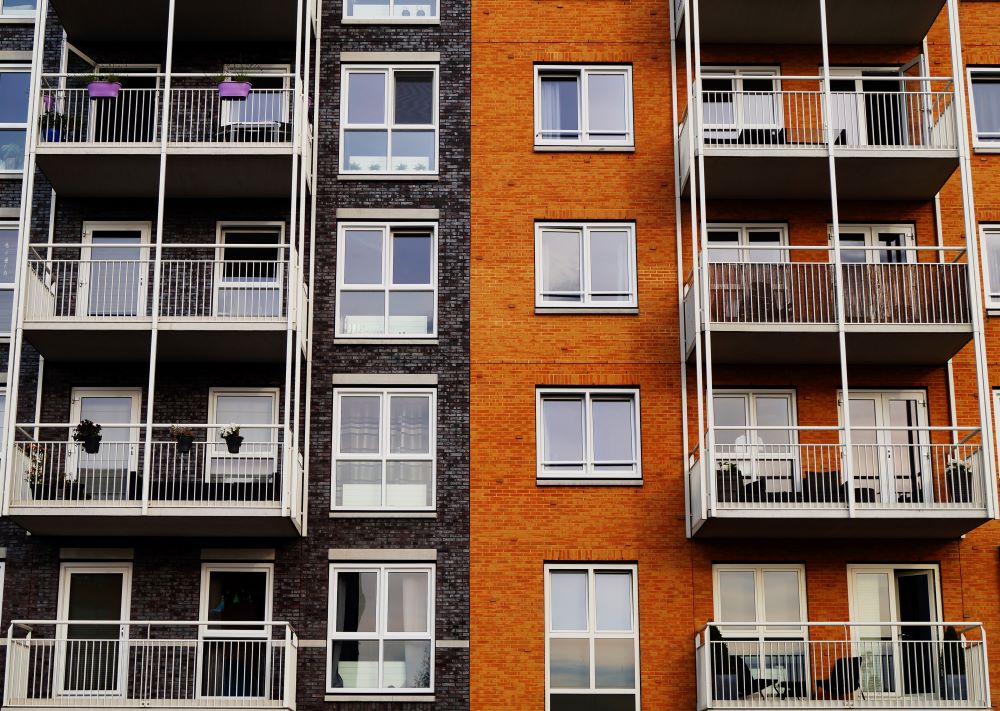Racist practices are still commonplace in the housing market.
Fair housing has been an issue for decades but the measures taken to address the issue have been less than ideal. The measures in place maintain the status quo so that discriminatory housing practices continue to undermine equality by determining who gains access to what resources. For instance, the quality of one’s education, security, health care, and even work opportunities is determined by housing. So, what is fair housing and how is it the key to fighting for systemic equality?
To understand fair housing, we must first recognize that housing is a basic human right and should be guaranteed under the law. Fair housing, therefore, means that regardless of race, gender, marital and family status, presence/absence of a disability, or even political opinion, each of us should have equal access to safe and stable housing. This is important because, historically, housing has been used as a measure to discriminate against people of color or gender minorities without overtly expressing it. For instance, the quality of education is often determined by a person’s zoning district, which defeats the purpose of safe and stable housing as a basic right enforced by civil laws.

Housing discrimination is not an overt practice but one that has been ingrained in societal practices for so long that it has grown to be the norm. In 1966, Martin Luther King Jr. launched a campaign and marched to end slums, arguing that decent housing was ideal to end slum schools, health care, work, and racial segregation. After his assassination, Congress passed the Fair Housing Act (FHA) of 1968, which was aimed at eliminating housing segregation and discrimination. However, the FHA was only a step in the right direction and was poorly implemented. For instance, Black women have a higher percentage of eviction than any other individual, and a white person who dropped out of high school is still more likely to become a homeowner than a Black person who is a college graduate. Subtle practices in housing by the government, realtors, and other profiteering groups have made it a tool for discrimination instead of a way to end discrimination, as Martin Luther King Jr. envisioned.
This calls for an overhaul of common practices to guarantee fair housing. People shouldn’t have to feel unsafe in their own homes or have the need to move just to access basic resources and amenities. Fair housing should provide a guarantee against unfair distribution of resources based on zoning districts, unfair racial and minority profiling for tenant screening, sexual harassment by landlords and staff, and providing housing based on disability status, among other discriminatory practices. The ACLU takes the initiative to promote fair housing by challenging the “crime free” or local nuisance housing ordinance, pushing for the establishment of the right to counsel in eviction cases, combating screening policies that don’t allow housing to applicants with an eviction record, advocating for housing rights of survivors of domestic and sexual violence, and pushing the courts and federal government to fully and fairly implement the FHA. Organizations and individuals should all take a stand to guarantee the fair implementation of the FHA to foster systemic equality.


Join the conversation!